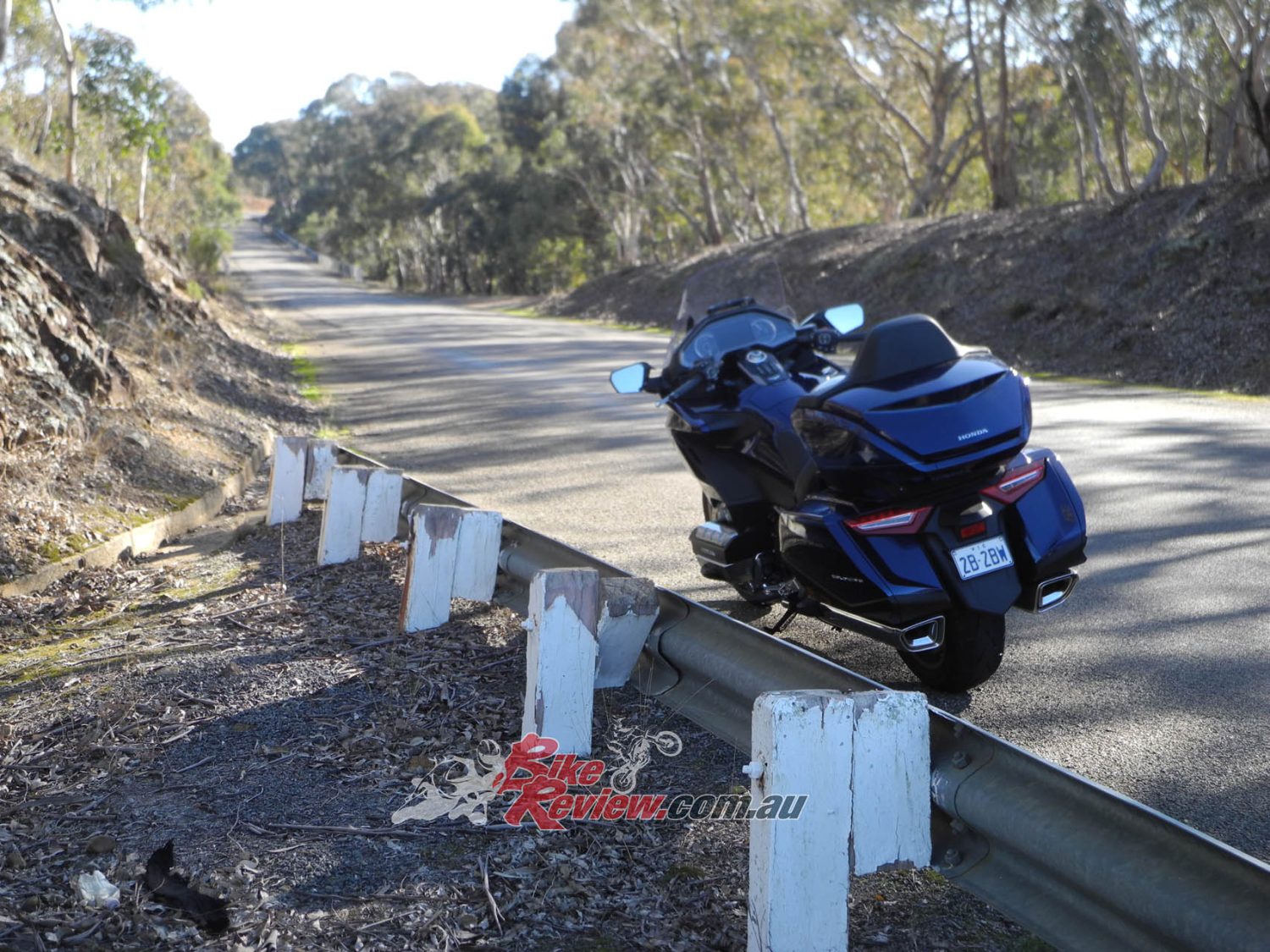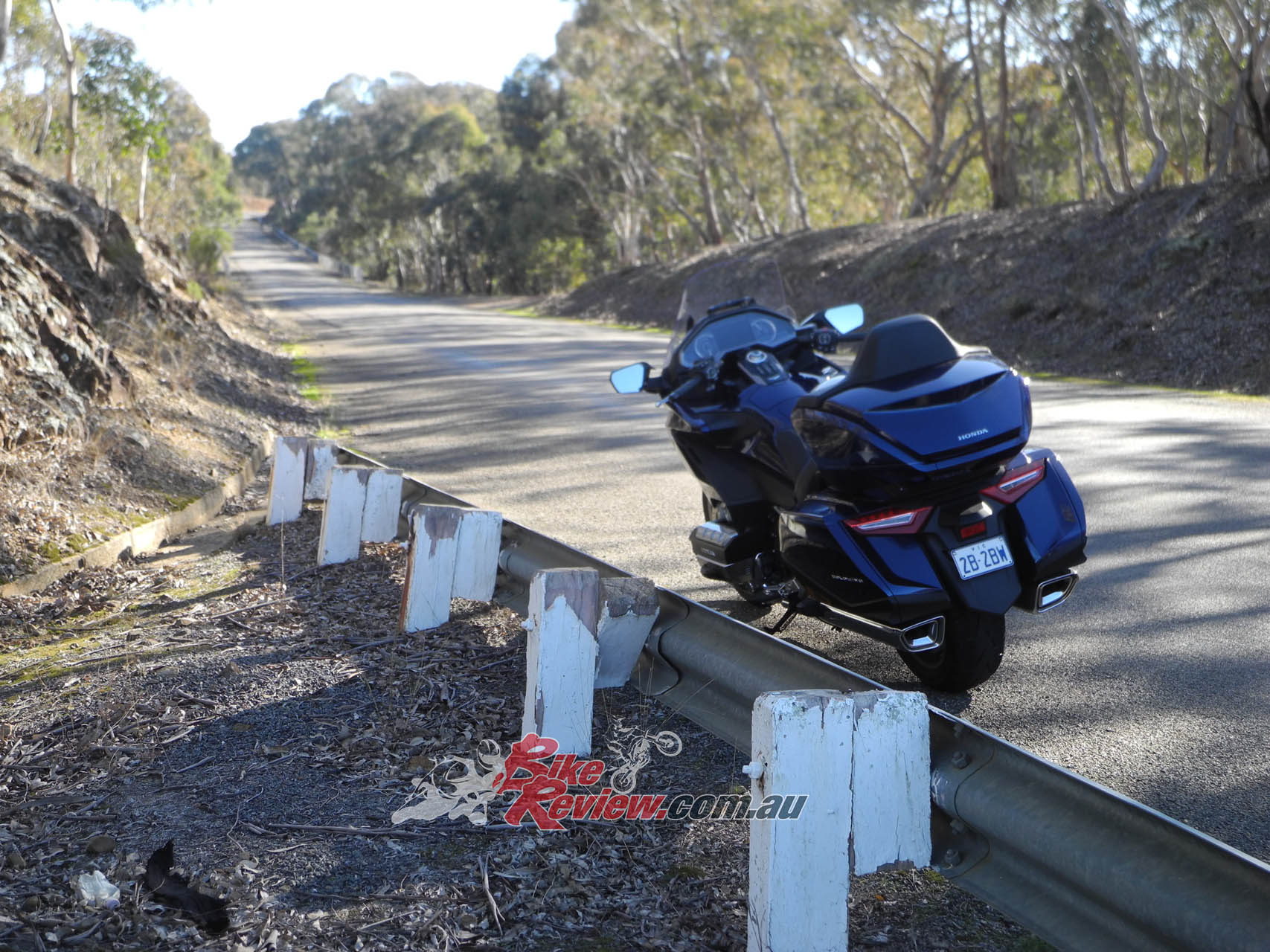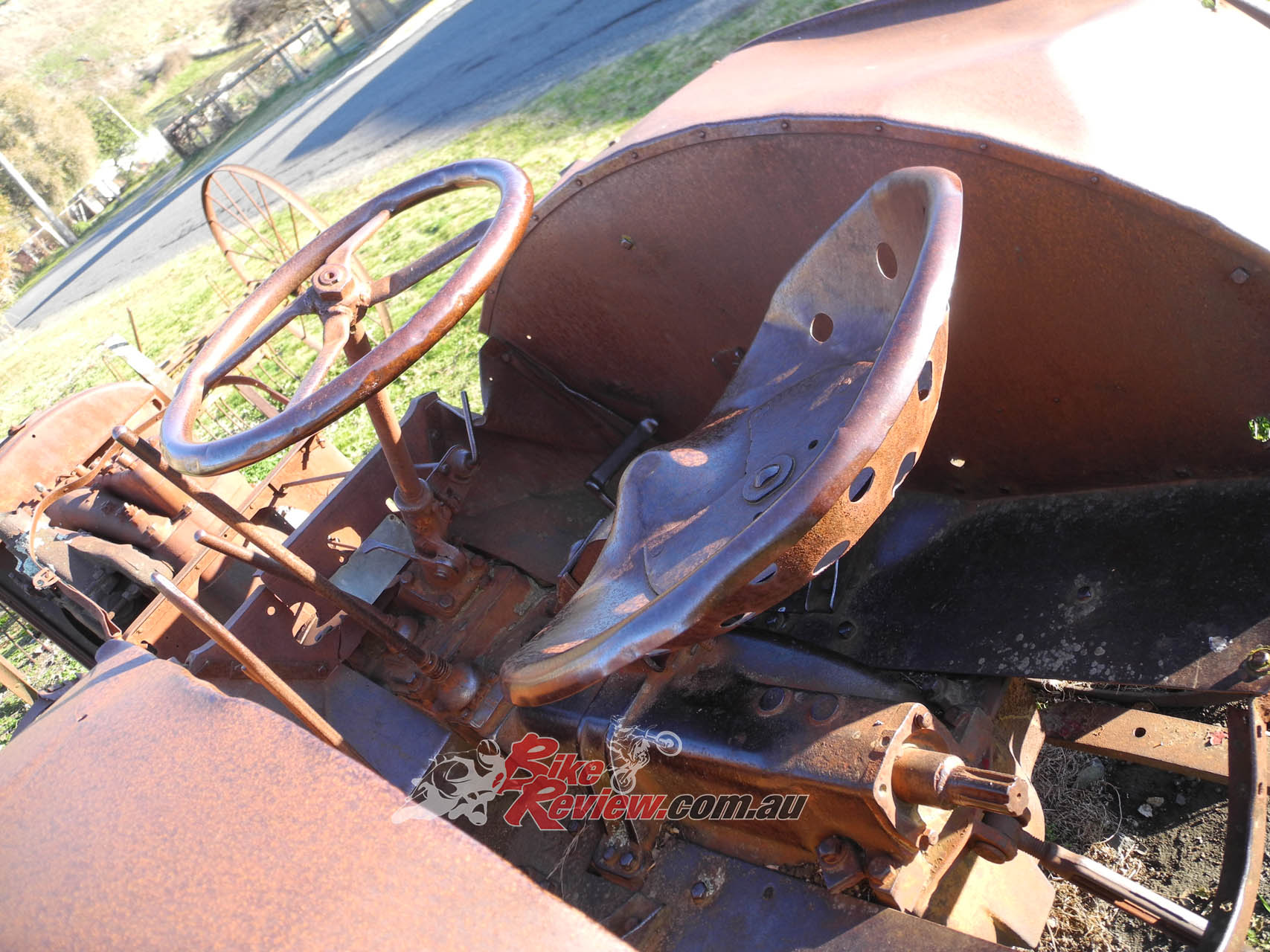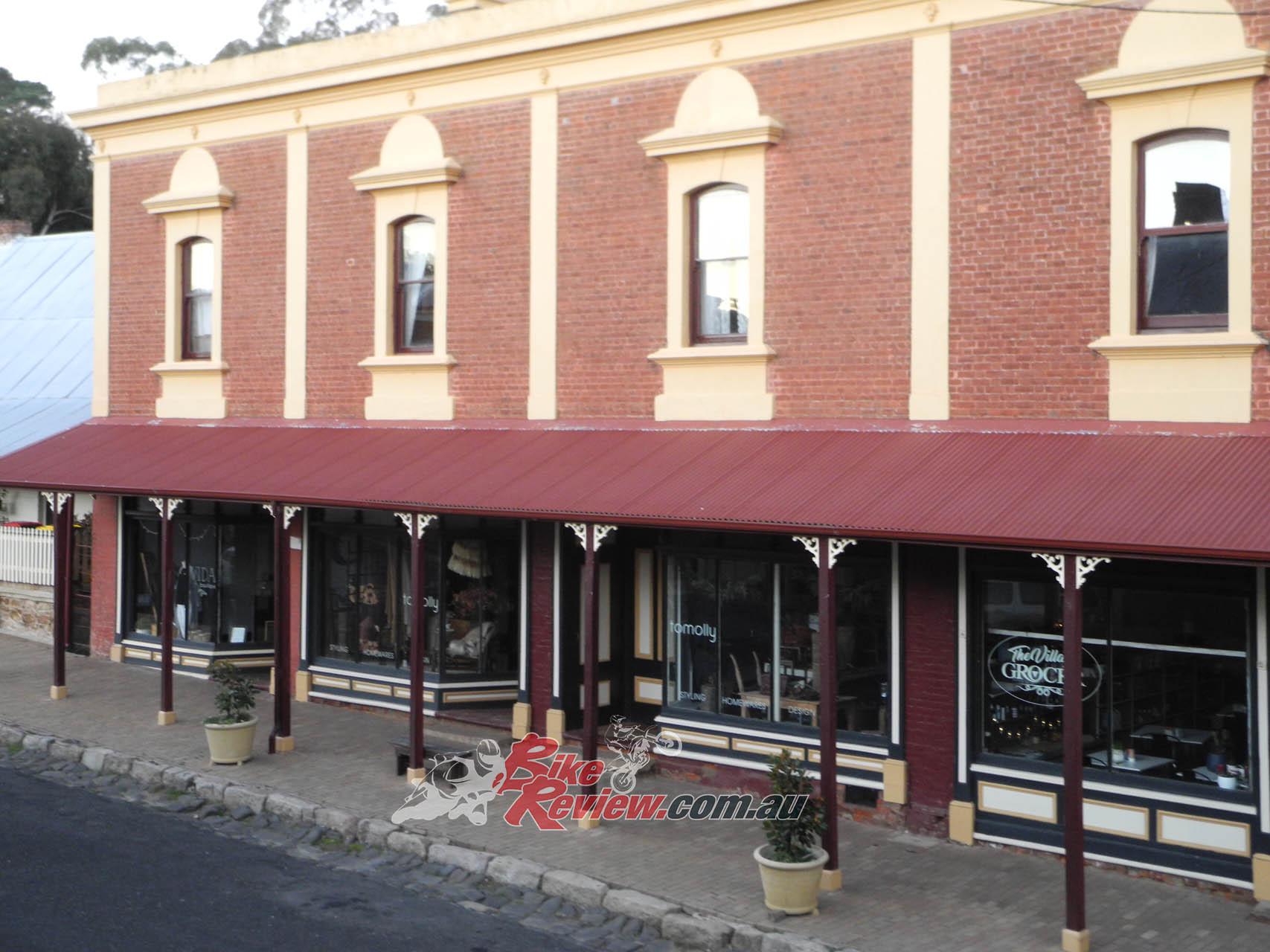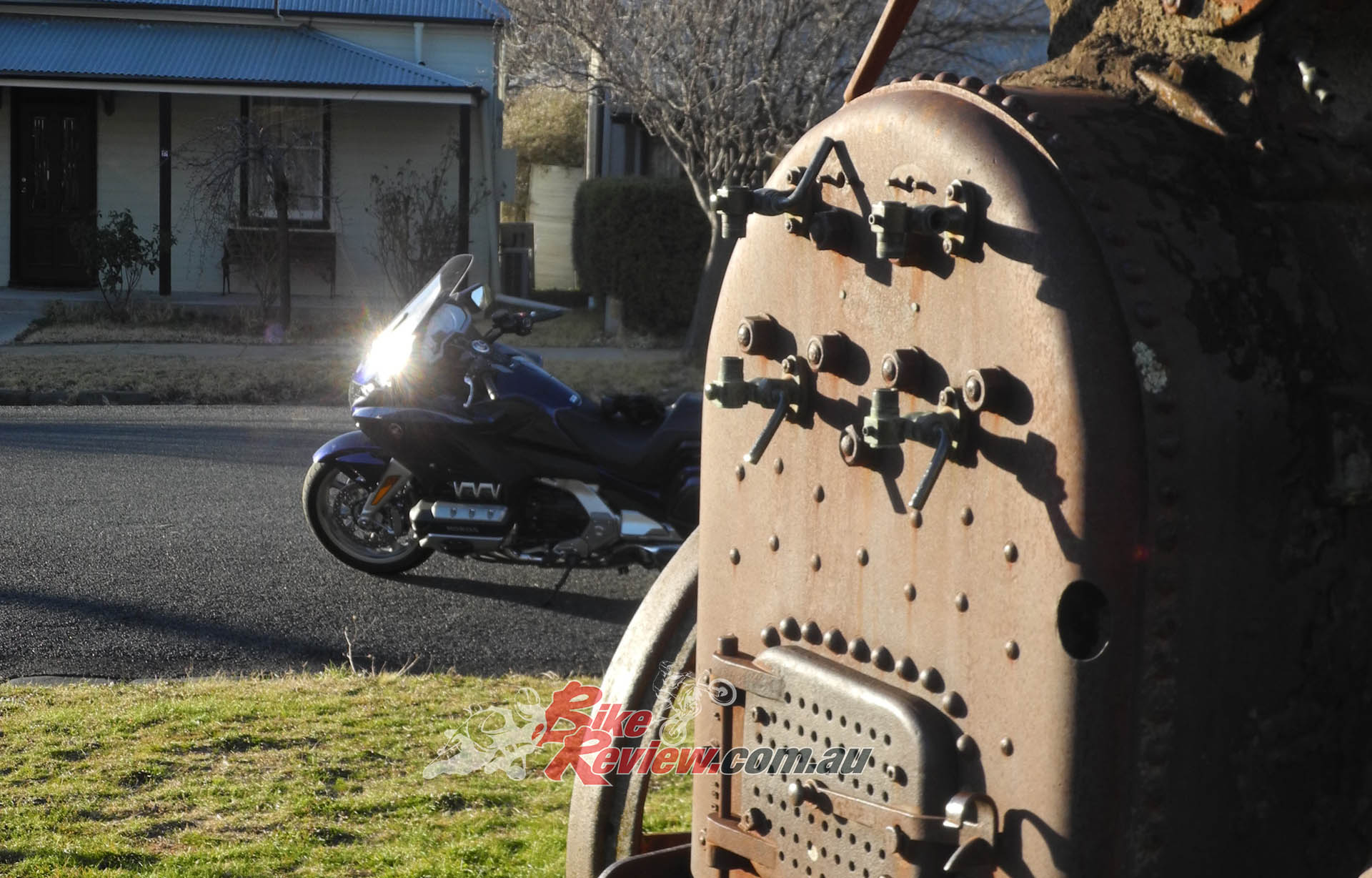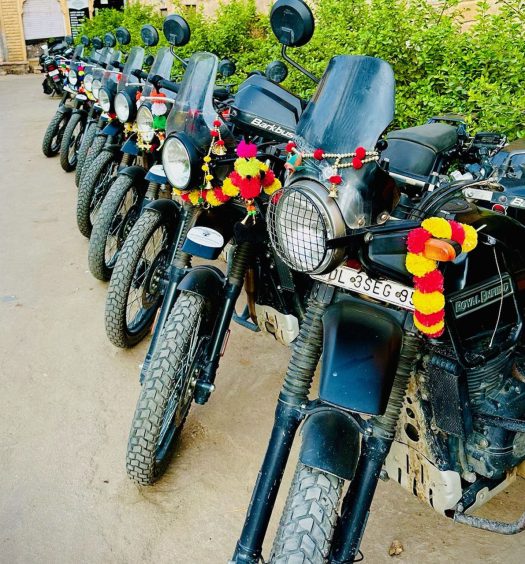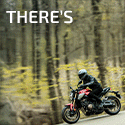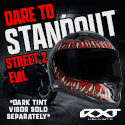Heading out west from Sydney? Why not stop in at the historic town of Carcoar? The Bear recently went for a ride out there to see what this sleepy town has to offer. Words & Photos: The Bear.
The village of Carcoar is an enjoyable breath of yesteryear. It lies just off the Mid Western Highway between Blayney and Cowra, but that’s the thing: it’s off the highway, so fewer people stop there than you might think from the impressive appearance of the place.
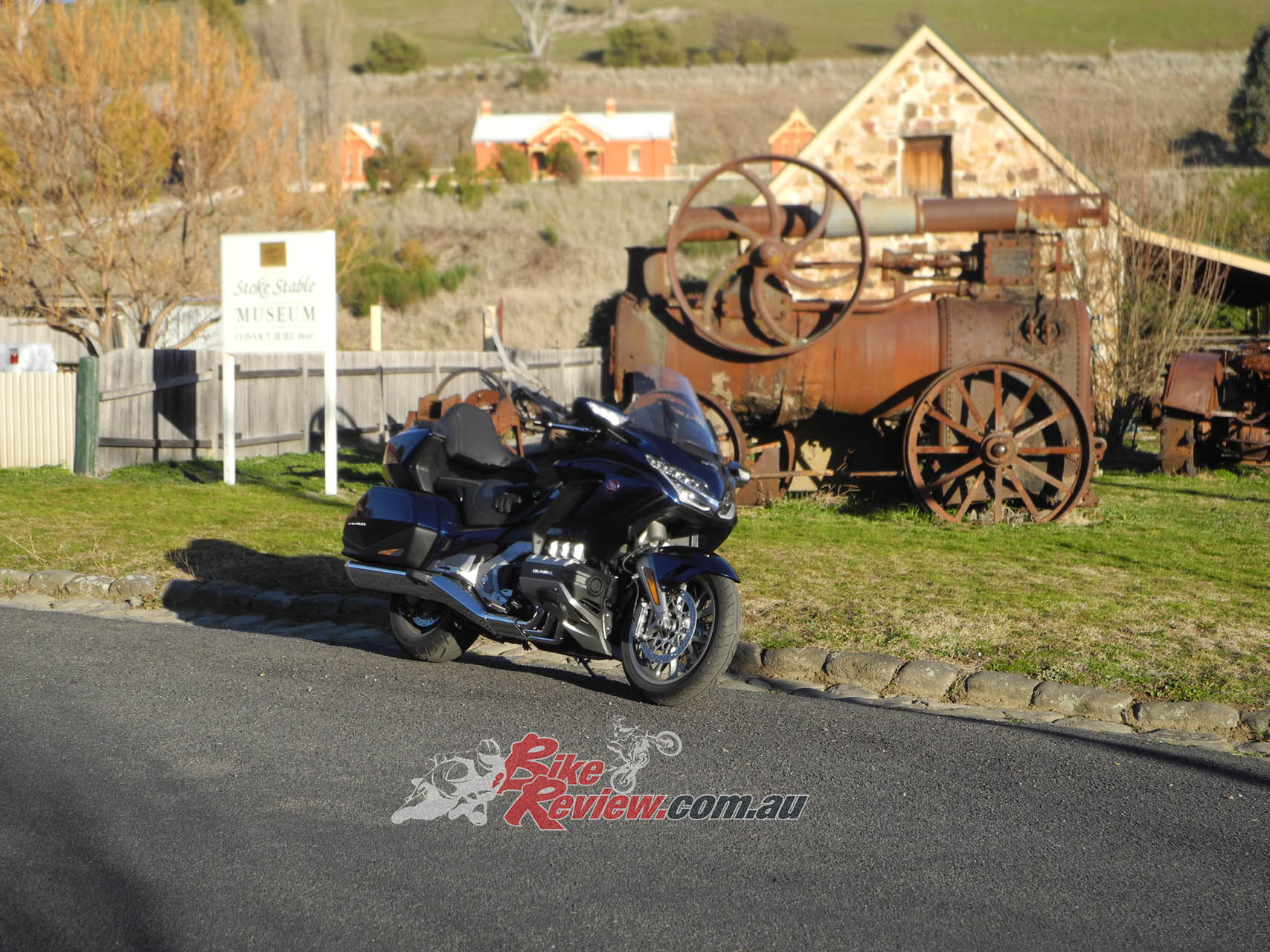
Parking in town is no problem, since there isn’t much competition for space. The town is a stunning stop for lunch!
The town has been classified by the National Trust due to the number of intact 19th-century buildings which have only been preserved and restored – there has been no reconstruction or replication. It is the third oldest settlement west of the Blue Mountains and has a picture book quality reminiscent of the old days in England.
Stay up to date with The Bear’s travels here…
Carcoar was first surveyed in 1838 and gazetted in 1839 at the request of a far-sighted bloke called Sir Thomas Icely. His idea was that it would provide law and order, something the newly settled area sorely needed. He was proven right, and the Court House and Police Station were immediately very busy.
So was the bank, in a way that probably hadn’t been predicted. In 1863, two members of Ben Hall’s bushranging gang attempted Australia’s first daylight bank robbery in Carcoar. They told the teller at the Commercial Bank to give them all of the money in the bank, but they’d picked the wrong bloke. The teller produced a pistol and took a shot at them, and they ran away.
Carcoar was first surveyed in 1838 and gazetted in 1839 at the request of a far-sighted bloke called Sir Thomas Icely.
Another time, Hall held up the local Presbyterian minister, but decided not to rob him because he seemed such a nice bloke. Another gang member stole a famous racehorse from Icely’s stables while a police superintendent was there as a guest. Once again demonstrating his foresight, Icely moved back to Sydney, never to return to Carcoar.
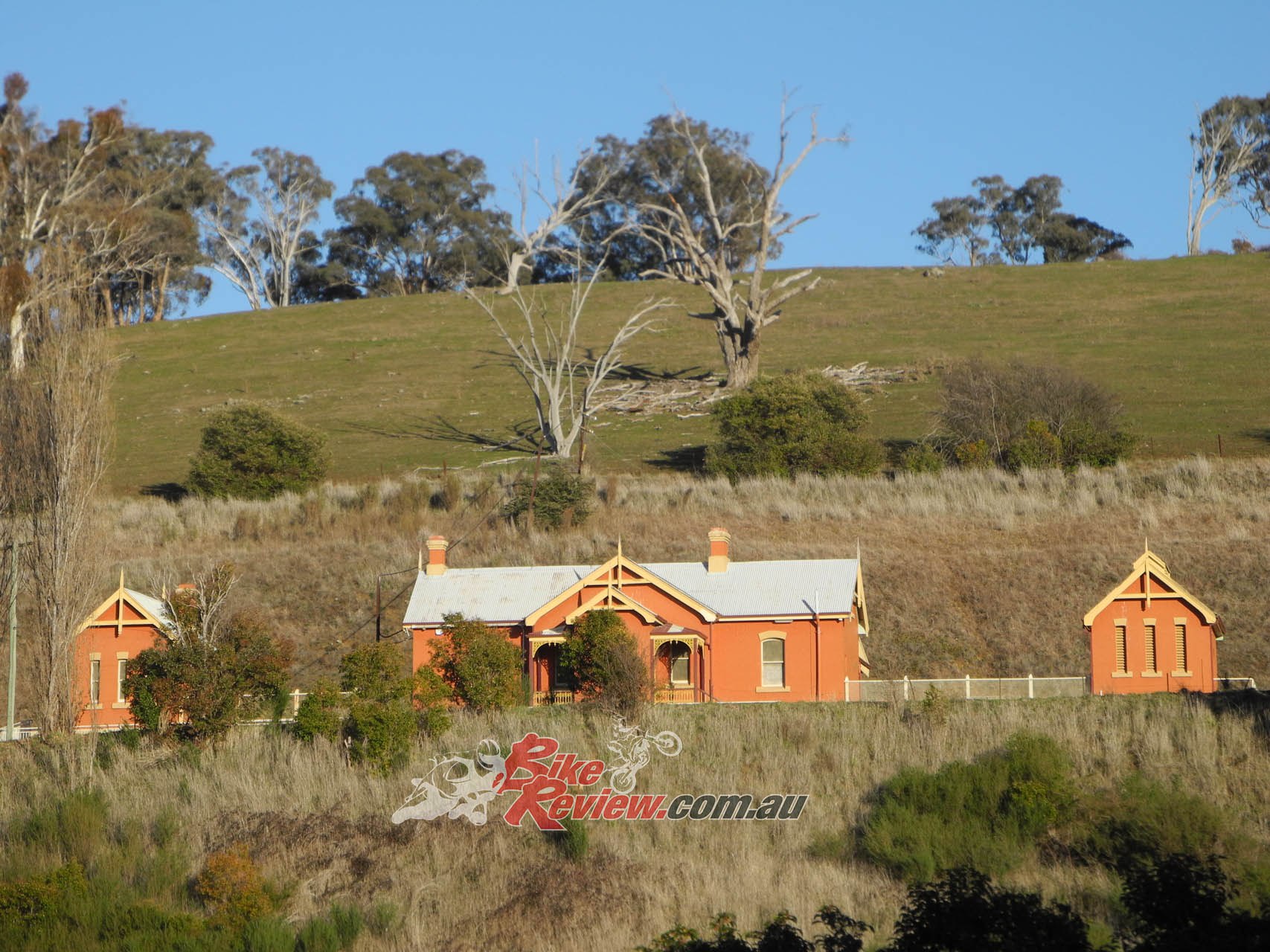
The railway station sits up on the hill above the town and gleams in the sunlight. What a lovely area!
The most gruesome crime at Carcoar didn’t involve bushrangers. It was the axe murder in 1893 of City Bank manager John Phillips and a young female friend of his wife, Frances Cavanagh, by the 25 year old Bertie Glasson, son of one of the wealthiest landholders in the district.
Glasson broke into the bank late at night, waking Phillips, his wife and Cavanagh who was staying as a guest. Phillips took his loaded pistol and went to investigate but was attacked and killed with the axe, as was Cavanagh.
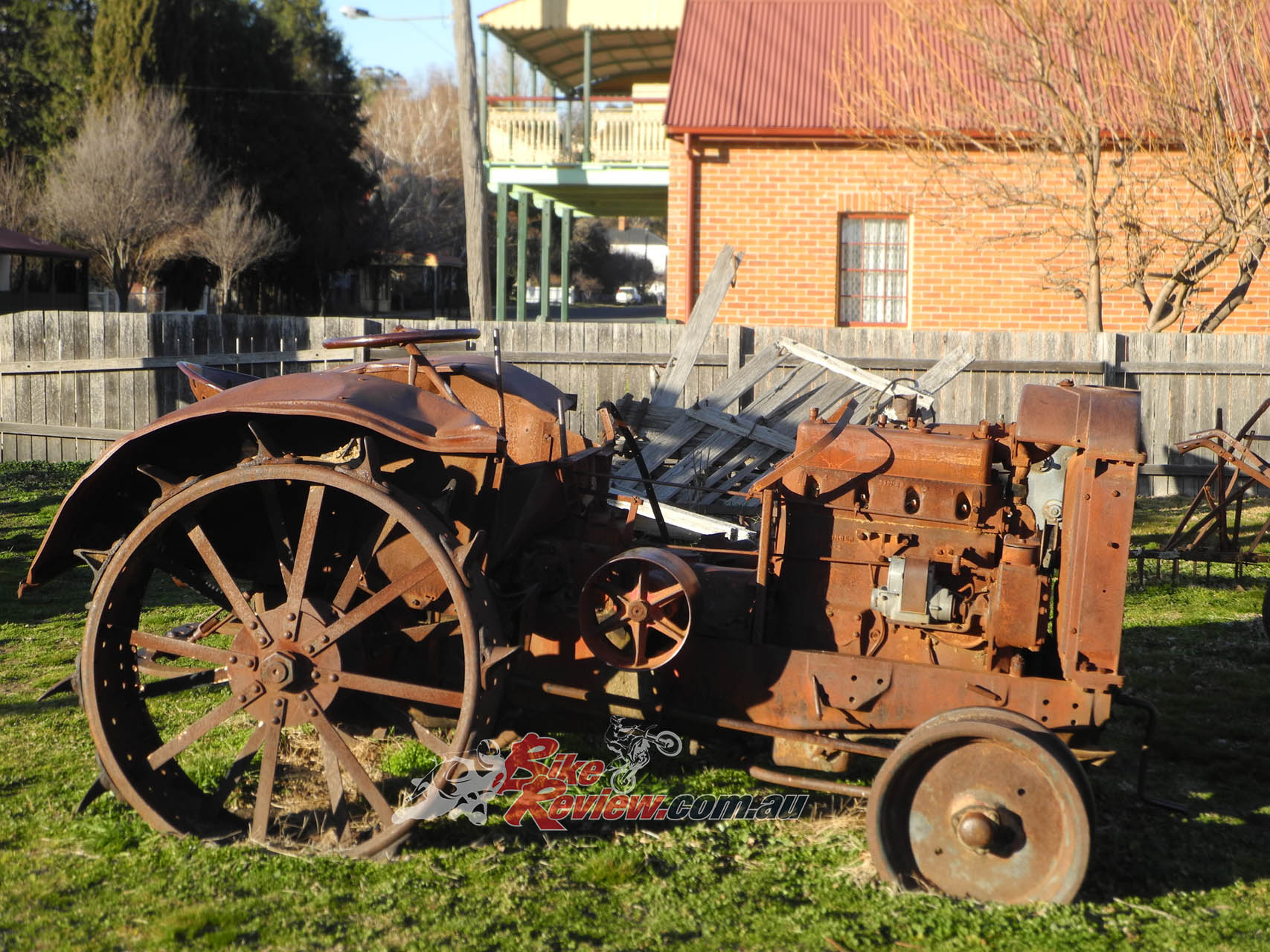
If you’re at all interested in old farming machinery, this is a treasure trove. Don’t be too tempted to take anything home, these have become apart of the town now.
It wasn’t all grim in Carcoar, of course. The town initially prospered when gold was discovered nearby in the 1850s and Cobb & Co. established its agricultural headquarters there. During the era of horse drawn travel Carcoar became a convenient overnight stay, equidistant from Bathurst, Orange and Cowra. That location still makes it a good stop today on a bike trip.
Carcoar (meaning, confusingly, either frog or kookaburra depending on whom you ask) is nestled in a small, sheltered valley beside the meandering Belubula River.
Carcoar (meaning, confusingly, either frog or kookaburra depending on whom you ask) is nestled in a small, sheltered valley beside the meandering Belubula River. The best way to appreciate its treasures is to take a walk through the village (oh, all right, just trundle around in first gear) where residents have lovingly restored and preserved many of the fine old buildings from the town’s heyday in the late nineteenth century.
An interesting range of museums as well as craft, pottery and antique shops, cafes, a nursery and hotel all combine to make the village a terrific place to stop. Opposite the post office is Enterprise Stores, a typical 19th-century general store which is the main tourist information centre for the town, 02 6367 3085. Pick up a pamphlet describing the walking tour which takes in the town’s historic buildings. If they aren’t open there is a map by the general store or you can enquire at the post office, 02 6367 3077 or the antique shop.
The best way to appreciate its treasures is to take a walk through the village where residents have lovingly restored and preserved many of the fine old buildings from the town’s heyday…
There are some fine Georgian buildings along the main street like St Paul’s Anglican Church, built in 1848 and designed by Edmund Blacket; the more than a century old court house; the 1849 convict-built stables of Stoke House, which is believed to be the oldest building in the village; and more. There is also an interesting collection of farm machinery spread around the southern part of the township.
With its wealth of architectural heritage on open display, the streetscapes of Carcoar really are an “open air museum” but the town also has a number of indoor museums and displays to further show off the town’s rich heritage.
There is wartime memorabilia in the Carmanhurst Room; the fascinating history of bushranging at the Court House; the early pioneering history of the district in the old Stoke Stables; and the quirky pop culture of the Twentieth Century Toy Museum. Next to the post office is the former CBC Bank, which now houses the Firearms Technology Museum (open by appointment, 02 6367 3154).
Sadly (or perhaps fortunately for those who love the untouched nature of the town) Carcoar’s fortunes began to decline in the 1880s when the main railway bypassed it in favour of Blayney. Today, even the Mid Western Highway bypasses Carcoar (although you can see it from the road), and it has become a quiet village with much to offer travellers who are interested in Australian history.
There is good riding in the area, too, with Trunkey Creek and Abercrombie Caves to the south, Canowindra and Eugowra to the north-west and Cowra and the Olympic Way to the south-west. The road across the top of Wyangala Dam, called the Reg Hailstone Way, is narrow but heaps of fun. To explore the area, base yourself at the Royal Hotel in Carcoar; I’m happy to recommend it for both the food and the basic but comfortable rooms.
Editor’s Note: If you are reading this article on any website other than BikeReview.com.au, please report it to BikeReview via our contact page, as it has been stolen or re-published without authority.


